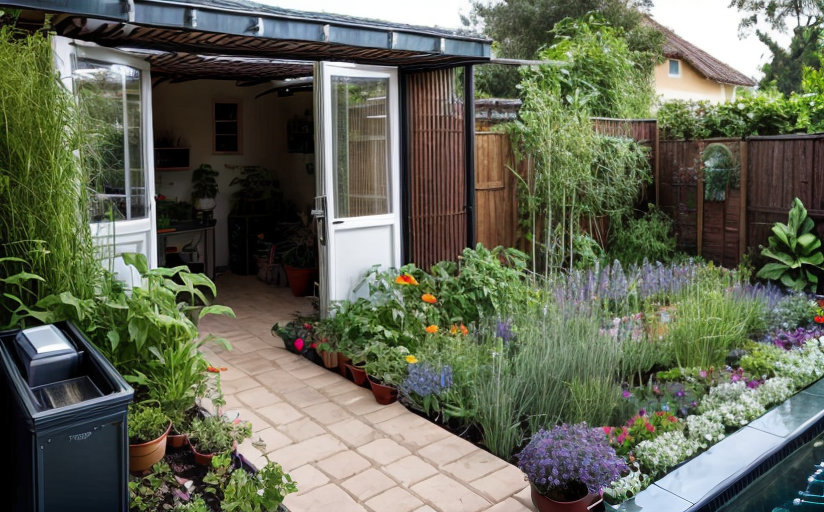Creating a Sustainable, Eco-Friendly Home Garden: A Complete Guide
Transform your home garden into a vibrant and fruitful ecosystem that respects nature, encourages sustainability, and is efficient in terms of resource usage with our guide. We aim to provide steps, tips, and information to assist both beginner and experienced gardeners in the journey towards sustainable gardening.
The Concept of Sustainable Gardening
Sustainable gardening emphasizes the use of natural resources in a way that doesn't harm the environment. It promotes a healthy ecosystem within your garden, reducing harmful environmental impacts, promoting recycling, and reducing waste.
Having an eco-friendly garden can provide numerous benefits to homeowners such as healthier plants, lower garden maintenance costs, and the satisfaction of contributing to a more sustainable world.
Starting an Eco-Friendly Garden from Scratch
Embarking on this journey includes the following steps:
- Preparing the Soil: Incorporate compost or organic matter into your soil to improve its fertility and structure.
- Choosing the Right Plants: Opt for native plant species as they have adapted to local climate conditions and generally require less maintenance.
- Planting: Follow recommended planting distances and depths for each species, taking care to give each plant enough room to grow.
Innovative Gardening Techniques
Some sustainable gardening practices include composting, rainwater harvesting, and garden waste management.
- Composting: It helps recycle organic material, providing valuable nutrients to the soil.
- Rainwater Harvesting: Collecting and storing rainwater for later use can reduce your reliance on treated water for watering plants.
- Garden Waste Management: Instead of throwing away plant clippings and fallen leaves, consider turning them into compost or mulch.
The Role of Organic Fertilizers
Organic fertilizers release nutrients more slowly and help improve the soil’s structure. Besides, they don’t contribute to water pollution as synthetic ones do.
Eco-Friendly Pest Control
Choose less harmful pest control methods like introducing beneficial insects or using organic homemade sprays to minimize the impact on the ecosystem.
Attracting Beneficial Insects and Pollinators
Encouraging beneficial insects and pollinators to visit your garden can help ensure productive pollination and natural pest control. You could use plants that produce nectar and pollen or install insect hotels.
Conclusion
Creating an eco-friendly and sustainable home garden is a rewarding endeavor that any gardener can undertake. By doing so, we not only beautify our homes but also take a significant step towards preserving our environment.

















Comments
Leave a Comment